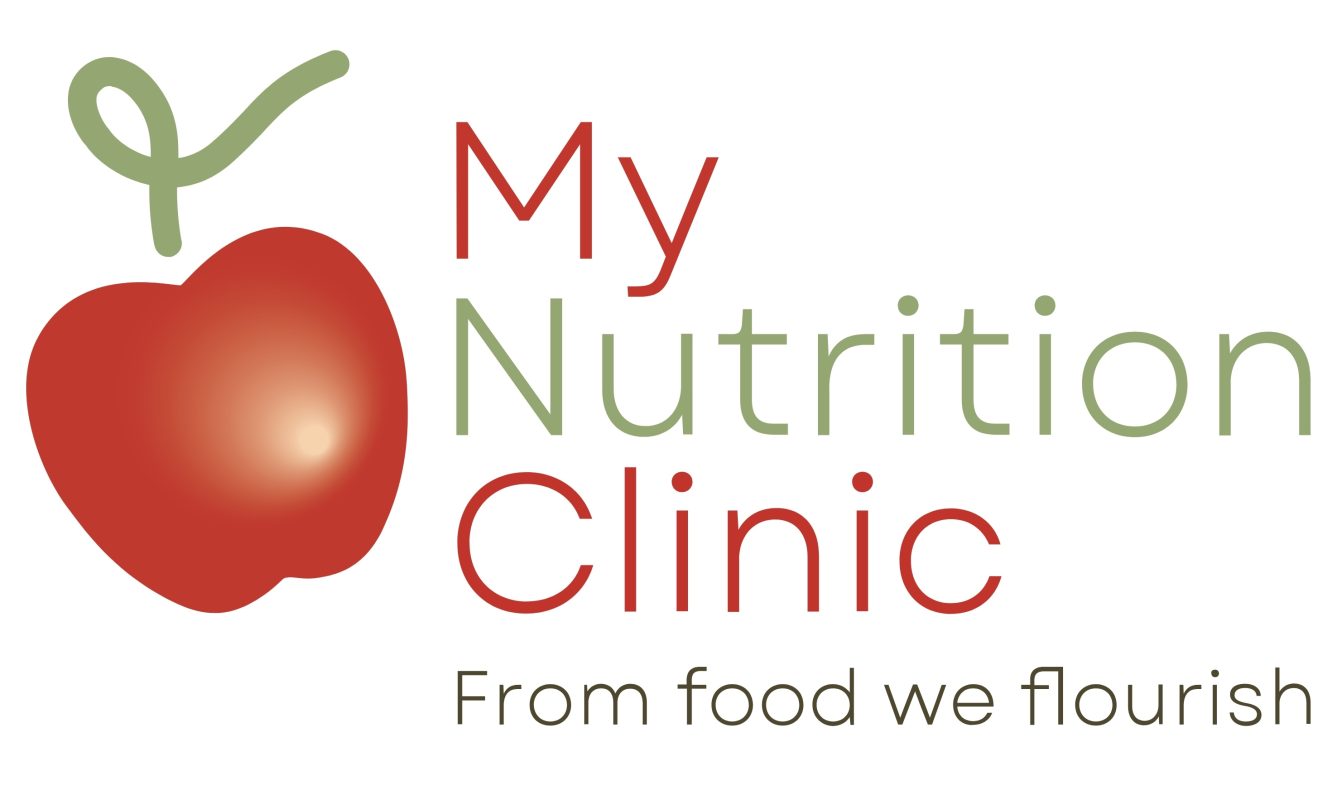By having your own, individually designed sports nutrition plan you will be able to perform at a new level, whether it be physically, cognitively or in your general life. Many people undersell the ability of nutrition to improve weight, boost energy, increase endurance, strength and power, reduce fatigue, sharpen thinking, elevate productivity, improve concentration and add years to your life. This is just the beginning of what food can do. See our brief summary of the potential of sports nutrition.
Runners Gut
Gastrointestinal upset during training is common but can be very disruptive to training/competitions but also create anxiety and compromise performance. Runners are more likely than other athletes to experience bowel discomfort during exercise however people who are prone to nervous anxiety can experience in any sport. The issues can be caused by a number of factors including dehydration, drinking fluids with a high concentration of carbohydrates, the type and timing of food eaten before exercise or an undiagnosed food intolerance. Using a sports nutrition plan can help identify the triggers causing your particular symptoms so that you can focus on your training rather than where the nearest toilet is.
Cramps and Stitches
About two in every three athletes experience painful muscle cramps at some stage during sport. The most agreed upon cause is fatigue in the exercising muscle. This is why cramps most commonly occur in the muscle groups directly involved in the exercise (e.g. the calf muscle in running or the foot during swimming).
Research shows that abnormal blood levels of potassium, magnesium or calcium do not cause cramps and although some athletes have large losses of sodium during sport from sweat, the evidence that this causes a cramp is not convincing.
To reduce your risk of a cramp there are three main sports nutrition approaches.
1. Train – cramps are less common in athletes who are well trained and conditioned.
2. Fuel up – Adequate carbohydrates before and during exercise may prevent premature muscle fatigue.
3. Hydrate. Dehydration alone isn’t the cause but it can contribute to premature muscle fatigue and increase the risk of cramping.
Fighting Fatigue
Adequate sports nutrition is often overlooked as a contributing factor to fatigue. In many cases, a simple change in eating habits with the help of a dietitian can increase energy levels and improve performance. Fatigue is largely caused by an imbalance of energy, carbohydrate, protein and fat. Unless addressing a specific deficiency (e.g. iron), supplements will do little to reverse the problem.
Eating insufficient carbohydrates combined with regular training can result in gradual depletion of muscle fuel (glycogen) stores leading to fatigue, lack of energy to train, loss of muscle mass and poor recovery. It is, for this reason, that weight loss if not planned carefully can lead to fatigue.
Dehydration impacts on exercise performance and may reduce decision-making ability and skill level. Possible signs of ongoing dehydration are general lethargy, dry skin, headaches, nausea and poor concentration. Individuals with high sweat rates should be particularly careful about meeting their fluid needs.
Recovery Nutrition
The importance of recovery sports nutrition depends on the type and duration of exercise just completed, body composition goals and personal preferences. A proactive sports nutrition plan is especially important if you train twice a day or in quick succession and you may need extra foods in addition to your usual meals or snacks.
If you don’t get your recovery nutrition plan right this can lead to:
- Increased fatigue during training at work or school
- Reduced performance at your next training session or event
- Suboptimal gains from the session just completed
- Increased muscle soreness
Best Foods and Drinks after Exercise
Everyone is different in what they like to eat, what their appetite is like and what sits comfortably in their stomach in the hours after exercise. Some general rules in the quality of foods to choose include:
- Be rich in good quality carbohydrate to replenish muscle fuel stores
- Contain some lean protein to promote muscle repair
- Include a source of fluid and electrolytes to rehydrate effectively
The ideal fluid during exercise depends on your goals. If you are using fluid mainly to rehydrate from the session then water or electrolyte drinks are a good option. If you are also drinking to meet your source of carbohydrate goals then sports drinks can be helpful. Specialised protein powders and recovery shakes may be useful in some situations for some people, however, for many people their recovery goals can be met using regular foods and drinks and save you the unnecessary expense of supplements.
Stripping Fat and Building Muscle
Diets can hold back your performance by impairing fuelling and recovery and ultimately prevent you from achieving your goals during training or competition. Poor nutrition can reduce your immunity and increase the chance of injury, meaning that valuable time spent in training sessions or events are missed.
Bulking up can be an important performance or body composition goal. It’s important however to set realistic time frames to achieve your muscle mass goals. Muscle mass is influenced by genetics, training and nutrition. When everything is on your side, gains of 0.25-0.5 kg per week may be possible initially, but this will depend on genetics and training history. Gaining weight more quickly than this can lead to a simultaneous increase in fat mass.
There is more than one way to achieve your body composition and weight goals. Working with a Sports Dietitian and your own sports nutrition plan is an important first step in reaching your goals.
To get more help with training and performance, book an appointment with our dietitian

Chantal deSousa
Dietitian
Hi! I’m Chantal and I am an Accredited Practicing Dietitian with an interest in the nutrition and wellbeing of all individuals. I have a Masters in Nutrition and Dietetic Practice from Bond University and a Bachelor of Medical Research (with Honours) from the University of Tasmania.
Since graduating, I have been working in private practice and aged care. I am very interested in gut health and have post-graduate certification from Monash University in IBS management. I have experience helping people manage their weight and chronic diseases. I am not one of those dietitians who will tell you to stop eating your favourite foods. I prefer to develop personalised eating plans that you enjoy and make you feel good while improving your health. The benefit of seeing a dietitian is that you can eat some of what you like while improving your health!
My favourite nutrition areas:
IBS
Weight management
Diabetes
Chronic disease management

Amber Schilder
Dietitian
Amber Schilder is an Accredited Practising Dietitian who graduated from Griffith University and grew up on the Gold Coast. Amber became a dietitian after seeing how much food can impact someone’s health in a positive way. Amber enjoys helping people finding ways to incorporate simple yet effective changes to eating habits. Amber loves food and loves to see her clients gain more enjoyment from food through her individualised eating plans and food swaps. Amber has worked many years in the catering team at Gold Coast Private Hospital and more recently has been creating individualised meal plans in private practice. Amber has an interest in:IBSWeight managementDiabetesChronic disease management



